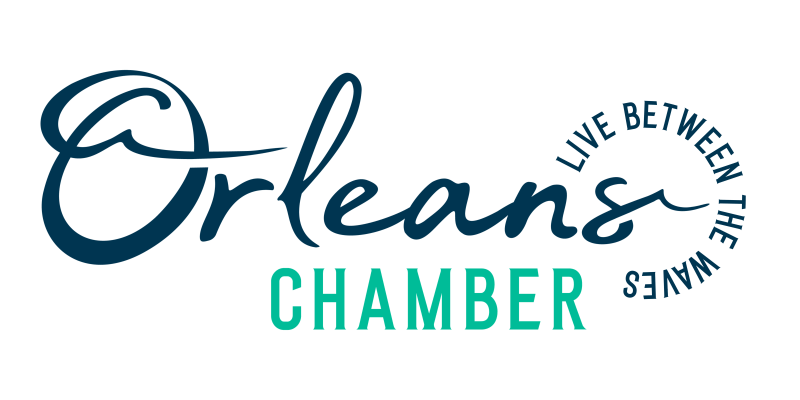Embarking on a career in commercial real estate development is an exciting journey filled with endless opportunities and formidable challenges. Whether you’re drawn by the prospect of transforming skylines or creating bustling commercial hubs, understanding the landscape in all its complexity is key to your success. This article serves as your compass, guiding you through the crucial steps and strategies that can set you apart in this competitive field.
Navigating the Maze of Key Players and Stakeholders
Venturing into commercial real estate development can be both exhilarating and challenging. To navigate this landscape successfully, it’s crucial to understand the key players and stakeholders involved. Developers are the visionaries who bring projects from conception to completion. Investors provide the necessary capital, while lenders, such as banks and private financing firms, offer loans that bridge funding gaps. Property managers ensure daily operations run smoothly, enhancing property value and tenant satisfaction.
Grasping Supply and Demand Dynamics
For commercial real estate developers, analyzing supply and demand in real estate markets is critical to making informed decisions and maximizing profitability. By examining the current inventory of commercial properties, new developments in the pipeline, and vacancy rates, developers can assess the level of supply available. Understanding demand involves studying market trends, tenant preferences, and economic factors like job growth and business expansion in the region. When demand exceeds supply, opportunities for development or value-added investments increase, while an oversupply of properties signals potential risk and calls for a more cautious approach.
Conducting Feasibility Studies
Conducting a feasibility study is crucial when launching a career in commercial real estate development. Start with a preliminary analysis to assess the initial viability of the project, followed by creating a detailed outline of the study. Conduct thorough market research to understand the demand and competition, and organizational research to assess internal capabilities. After gathering all necessary data, analyze the results to evaluate the project’s potential success.
Mastering Contract Management for Real Estate Success
When drawing up terms and contracts for clients and contractors, ensure clear, detailed agreements that outline expectations, timelines, and responsibilities to avoid misunderstandings and protect all parties involved. When creating contracts, utilizing Microsoft Word can significantly simplify the process. This platform offers extensive tools for substantial text and formatting modifications, which might be restricted in PDF files. If you receive documents in PDF format, you can use an online conversion tool for converting PDF to Word, making it easier to edit. Once the necessary adjustments are made in Word, you can convert the file back to PDF to ensure it maintains a professional appearance.
Unveiling the Power of Private Equity and Partnerships
Understanding private equity investments and partnerships is essential when launching your career in commercial real estate development. Private equity firms are utilizing creative deal structures such as joint ventures, minority investments, and rolling funds to mitigate risks and maximize value. This shift is driven by the need to navigate high borrowing costs and low valuations. Embracing flexible financing and strategic collaborations can help you stay competitive in a sector increasingly focused on sustainability and adaptability. Learning about these trends will position you to leverage private equity opportunities effectively in your real estate ventures.
Selecting the Right Market for Development
For real estate developers, evaluating the economic climate of potential locations is a key factor in determining the success of a project. Job growth is a crucial indicator, as areas with rising employment opportunities tend to attract both businesses and residents, driving demand for commercial and residential developments. Additionally, understanding the presence and strength of key industries in the region helps developers gauge long-term stability and growth potential. Locations with a diverse economic base are less vulnerable to market fluctuations, making them more attractive for investment.
Crafting a Strong Brand Identity
Establishing a strong brand identity is crucial for standing out in a competitive market. To achieve this, integrate innovation into your branding strategy, ensuring it aligns with the core values and vision of your business. Authenticity plays a significant role, as modern consumers favor brands that build trust and demonstrate genuine intentions. Additionally, leveraging digital assets and maintaining a consistent brand image across all platforms can maximize your reach and impact.
As you stand on the cusp of a promising career in commercial real estate development, remember that every successful developer began with a willingness to learn, adapt, and innovate. The industry is ever-evolving, demanding not just knowledge but also foresight and resilience. By embracing the strategies outlined in this guide, you are not just preparing for the challenges ahead, but positioning yourself to seize the myriad opportunities that this dynamic field offers.
Join the Orleans Chamber of Commerce to unlock resources, build connections, and grow your business in our vibrant community!This Hot Deal is promoted by Orleans Chamber of Commerce, Inc..

